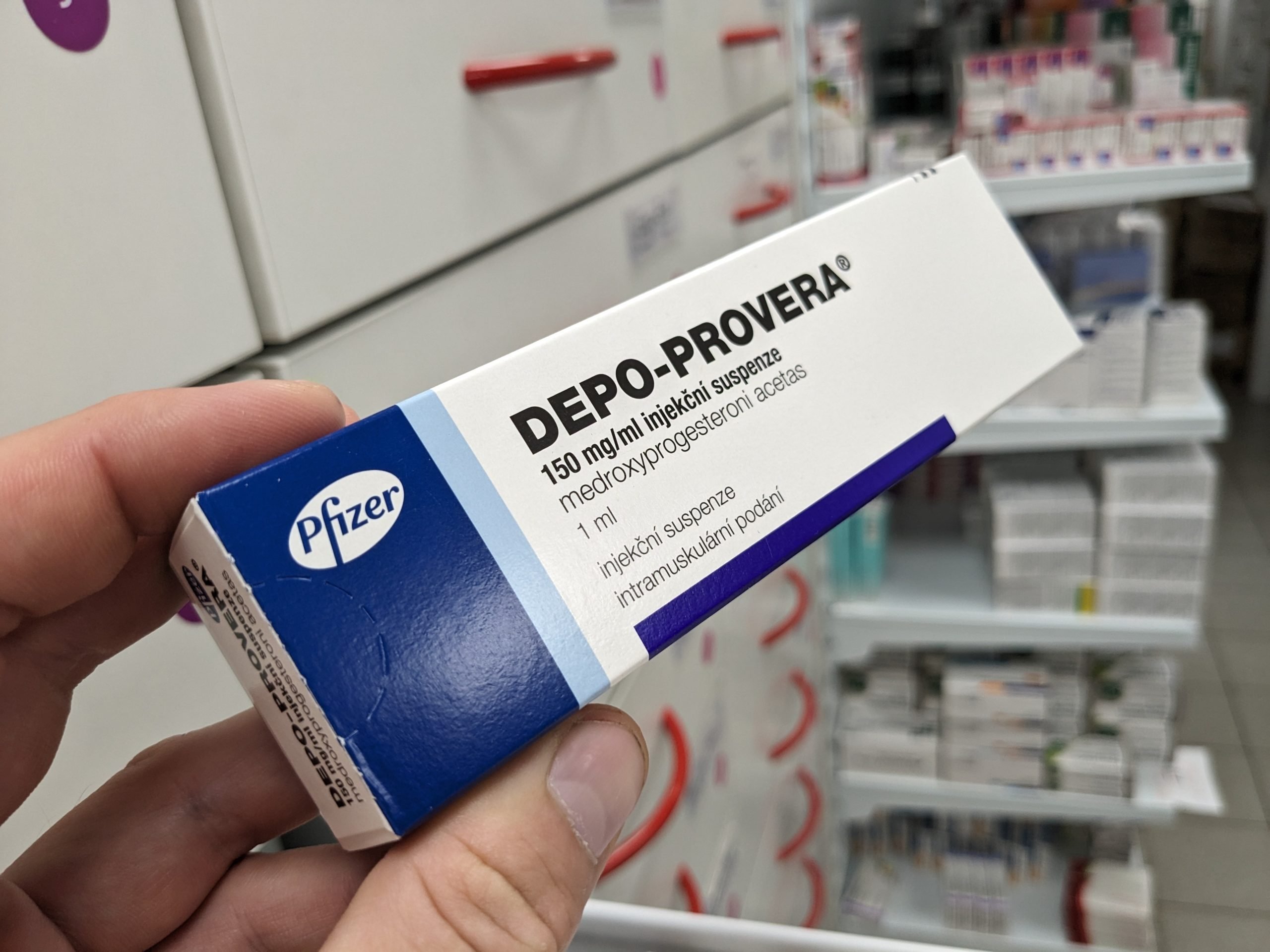Now Reading: Understanding New Jersey’s Personal Injury Laws: How a Lawyer Can Help You Win Your Case
-
01
Understanding New Jersey’s Personal Injury Laws: How a Lawyer Can Help You Win Your Case

Understanding New Jersey’s Personal Injury Laws: How a Lawyer Can Help You Win Your Case
Navigating the complex field of personal injury law in New Jersey can be daunting for those unfamiliar with its processes. Whether you’ve been injured in a car accident, a slip and fall incident, or by medical malpractice, understanding your rights and the role a personal injury lawyer plays can make a significant difference in the outcome of your case.
This article will explore the essentials of New Jersey’s personal injury laws and explain how an attorney can guide you through each stage to secure the best possible outcome.
Key Principles of New Jersey Personal Injury Laws
New Jersey’s personal injury laws provide clear avenues for individuals wrongfully injured due to another’s negligence. The state subscribes to the comparative negligence rule, meaning that a person can still claim damages even if they are partially at fault for their injuries. However, a claimant cannot be more than 50% at fault, and any award is reduced by that percentage. For instance, if a court finds you 20% responsible for your accident, your compensation will be reduced by that percentage.
The statute of limitations in New Jersey is also a critical consideration. Typically, you have two years from the date of the incident to file a lawsuit. Failing to meet this deadline usually results in forfeiting your right to legal recourse. Understanding these foundational aspects of New Jersey’s laws is essential, and having a lawyer helps ensure that your case complies with all procedural requirements.
The Importance of Legal Representation
Navigating the intricacies of legal paperwork, evidence collection, and negotiations with professional assistance can make it manageable for most individuals. An experienced personal injury lawyer can benefit you for several reasons:
Expertise in investigating and proving liability
One of the most challenging aspects of any personal injury case is proving that another party’s negligence caused your injuries. A qualified lawyer can investigate your accident’s circumstances, collect relevant evidence, and work with experts to build a compelling case. This step is especially important in complex situations like multi-vehicle car accidents or cases involving unclear liability.
Familiarity with insurance companies
Insurance companies routinely attempt to minimize the payout or deny claims altogether. They might employ tactics that can trap unprepared claimants into accepting settlements far below what they deserve.
A personal injury attorney knows these tactics and can counter them effectively, negotiating on your behalf to secure a fair settlement. Whether you were injured in an accident and need a car accident lawyer near Richland Washington, or a similar professional in New Jersey, the role of legal counsel is pivotal in leveling the playing field against insurance companies.
Experience in calculating fair compensation
Understanding the full extent of the compensation you deserve requires more than just considering medical bills and immediate expenses. A skilled lawyer will evaluate past, current, and future losses, including medical costs, lost income, pain and suffering, and other damages that impact your quality of life. Calculating fair compensation ensures that you don’t settle for less than what your case is worth.
Steps To Take After an Injury in New Jersey
Taking prompt and appropriate action after sustaining an injury is essential for building a strong personal injury case. Here’s a step-by-step guide:
Seek medical attention
Your health should be your top priority, so seeking medical attention right after an accident is essential. Not only does this ensure proper treatment, but medical records are vital evidence in your case. Delaying treatment can raise questions about the severity of your injuries, potentially undermining your claim.
Document the scene
Whenever possible, take photos and gather contact information from witnesses. These details will be valuable in constructing a factual narrative that supports your case. For example, pictures of a wet floor without warning signs after a slip and fall incident can strengthen your claim against a property owner.
Report the incident
Whether your injury results from a car accident, a workplace mishap, or an incident on someone else’s property, reporting it to the relevant authorities or responsible parties creates an official record. This report can be a key piece of evidence that your lawyer will use to build your case.
How a Lawyer Advocates for Your Best Interests
Lawyers experienced in personal injury law provide advocacy beyond gathering evidence and negotiating settlements. Their comprehensive understanding of New Jersey’s legal framework enables them to identify nuances in the law that might affect your claim.
For instance, understanding state-specific regulations such as the verbal threshold, which can limit your right to sue for non-economic damages in auto accident cases if you don’t meet certain injury criteria, is critical for pursuing compensation.
Representation in court, if necessary
While most personal injury cases settle out of court, some do proceed to trial. If settlement negotiations do not yield satisfactory results, having a skilled litigator to represent you in court is vital. Your lawyer will present the facts, counter the opposition’s arguments, and work to convince the jury that you deserve the compensation you’re seeking.
Legal conduit
A lawyer will handle communication with all parties involved, including insurers, medical providers, and opposing counsel. That ensures you don’t inadvertently say something that could be used against you. Additionally, they keep you informed throughout the process so you understand what to expect at each stage and are prepared for any developments.
Taking Action for a Stronger Case Outcome
Understanding personal injury laws in New Jersey is the first step toward seeking justice after an accident. Navigating these laws without an attorney can be risky because of the complex processes involved. That includes proving liability, negotiating with third parties like insurance companies, and calculating fair compensation. A lawyer’s expertise can not only simplify the process but also significantly improve your chances of a favorable outcome.
Taking action sooner rather than later helps protect your rights, preserve evidence, and meet deadlines. By securing experienced legal representation, you bolster your ability to navigate New Jersey’s personal injury laws effectively and build a stronger case.










